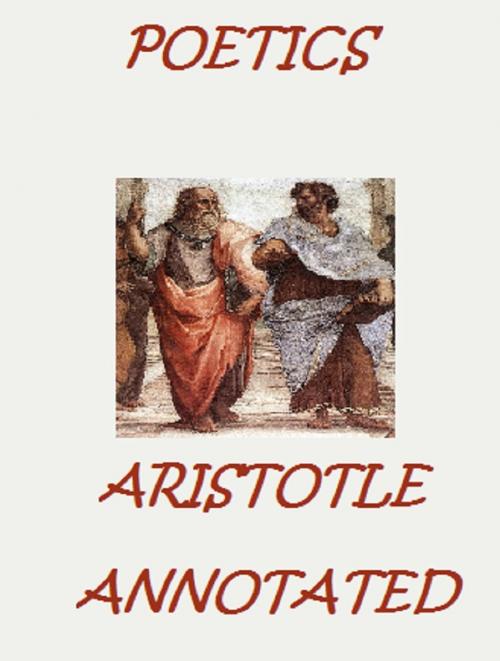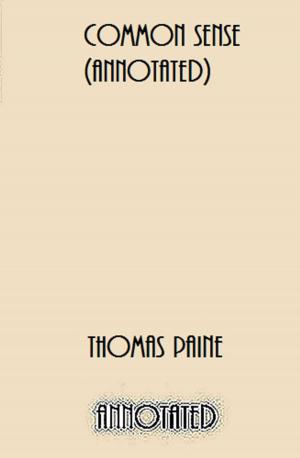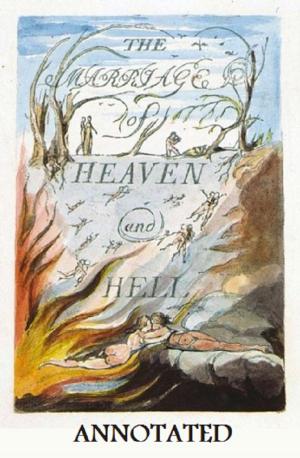Poetics (Annotated)
Nonfiction, Religion & Spirituality, Philosophy, Free Will & Determinism, Good & Evil, Ancient| Author: | Aristotle | ISBN: | 1230000310076 |
| Publisher: | Bronson Tweed Publishing | Publication: | March 10, 2015 |
| Imprint: | Language: | English |
| Author: | Aristotle |
| ISBN: | 1230000310076 |
| Publisher: | Bronson Tweed Publishing |
| Publication: | March 10, 2015 |
| Imprint: | |
| Language: | English |
Aristotle's Poetics is the oldest surviving work of dramatic theory and the first extant philosophical treatise to focus on literary theory.
In it, Aristotle offers an account of what he calls "poetry" (a term which in Greek literally means "making" and in this context includes dramaâcomedy, tragedy, and the satyr playâas well as lyric poetry and epic poetry). They are similar in the fact that they are all imitations but different in the three ways that Aristotle describes:
Differences in music rhythm, harmony, meter and melody.
Difference of goodness in the characters.
Difference in how the narrative is presented: telling a story or acting it out.
In examining its "first principles", Aristotle finds two: 1) imitation and 2) genres and other concepts by which that of truth is applied/revealed in the poesis. His analysis of tragedy constitutes the core of the discussion. Although Aristotle's Poetics is universally acknowledged in the Western critical tradition, "almost every detail about his seminal work has aroused divergent opinions".
This edition has formatted for your reader, with an active table of contents. It has also been extensively annotated, with additional information about Poetics and also Aristotle, including an overview, form and content, influence, core terms, translations, and biographical information about Aristotle and his philosophy.
Aristotle's Poetics is the oldest surviving work of dramatic theory and the first extant philosophical treatise to focus on literary theory.
In it, Aristotle offers an account of what he calls "poetry" (a term which in Greek literally means "making" and in this context includes dramaâcomedy, tragedy, and the satyr playâas well as lyric poetry and epic poetry). They are similar in the fact that they are all imitations but different in the three ways that Aristotle describes:
Differences in music rhythm, harmony, meter and melody.
Difference of goodness in the characters.
Difference in how the narrative is presented: telling a story or acting it out.
In examining its "first principles", Aristotle finds two: 1) imitation and 2) genres and other concepts by which that of truth is applied/revealed in the poesis. His analysis of tragedy constitutes the core of the discussion. Although Aristotle's Poetics is universally acknowledged in the Western critical tradition, "almost every detail about his seminal work has aroused divergent opinions".
This edition has formatted for your reader, with an active table of contents. It has also been extensively annotated, with additional information about Poetics and also Aristotle, including an overview, form and content, influence, core terms, translations, and biographical information about Aristotle and his philosophy.















